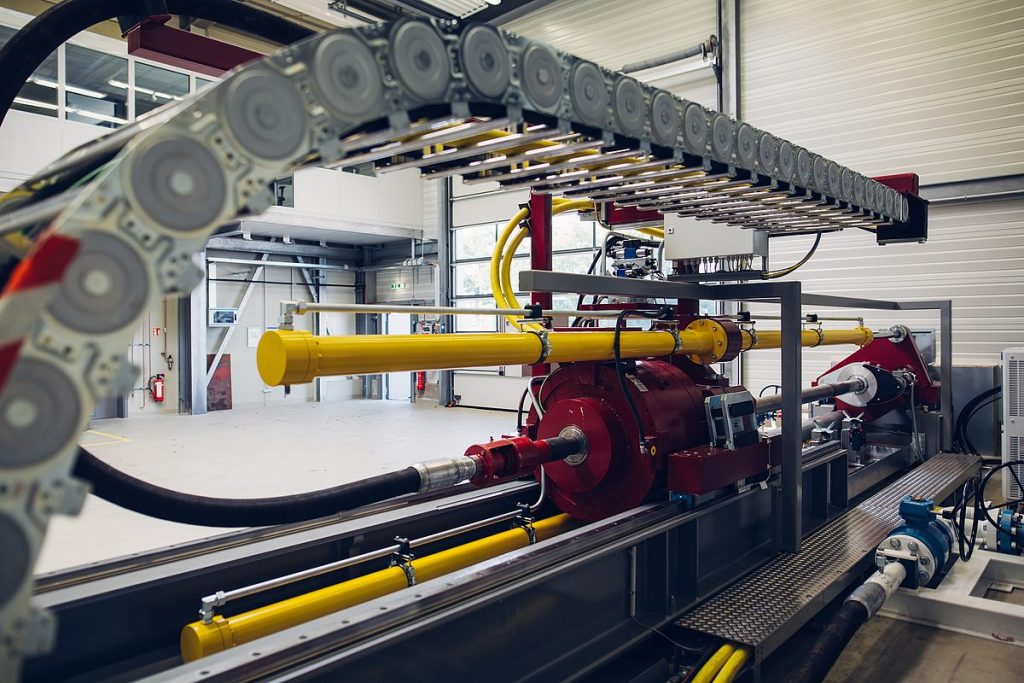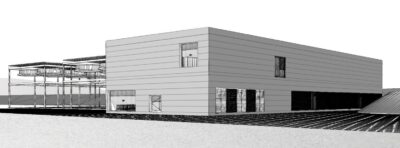Geothermal drilling research project starts in Germany
The Institute for Technical Mechanics (ITM) of the Clausthal University of Technology and the Drilling Simulator Celle (DSC) have kicked off a three-year geothermal drilling research project.
Under EUR 300,000 funding provided by the German Research Foundation (DFG) a three-year geothermal drilling research project at the Institute for Technical Mechanics (ITM) and the Drilling Simulator Celle (DSC) of the Clausthal University of Technology has been kicked off.
Renewable energy has played an important role in the electricity market for years. Nevertheless, their share in the heating sector is still quite low. The Federal Environment Agency currently determines a share of renewable energies of around 15 percent of German final energy consumption for heating and cooling. It is expected that the previously dominant fossil fuels will be largely replaced by the existing geothermal potential. But what exactly is meant by a geothermal well? It describes a process in which well more than 1000 meters deep is drilled. As a result, heat can be obtained from the depths for municipalities and local energy providers.
Through the use of numerical methods from fluid mechanics, the research project at the DSC and ITM of the Clausthal University of Technology aims to develop further contributions to reducing the costs of geothermal wells, which continue to be the decisive factor for the profitability of geothermal projects. The focus is on the transport of the cuttings, which must be modeled using suitable methods for the conditions typical of deep drilling. These conditions can be, for example, high pressures and temperatures, the use of drilling fluids with complex flow properties and distances of several kilometers in variable environmental conditions.
The project, led by Professor Gunther Brenner, Chairman of the Board of the DSC, takes up the long-term preparatory work of the Institute for Technical Mechanics on the basic analysis of particle transport in liquids using the most modern calculation techniques. These methods are extended with regard to the transport of cuttings and validated on the basis of experimental data. This will make it possible to quantify previously unrecognized effects of secondary currents or the flow behavior of the drilling fluid on particle transport. The present project will contribute to the clarification and better quantification of the hydrodynamic processes for the deep drilling process. However, the results achieved in the project are of a fundamental nature: They can in principle also be transferred to other technology fields with comparable issues.
Source: TU Clausthal


















